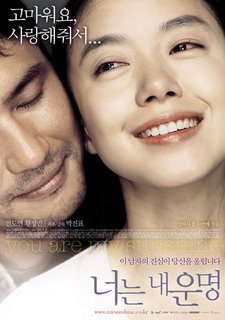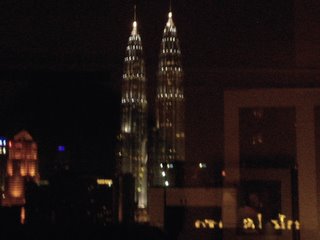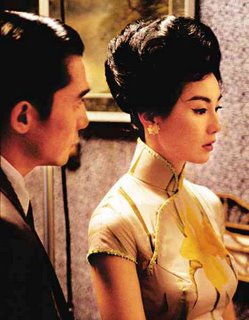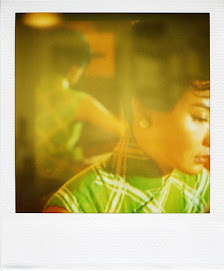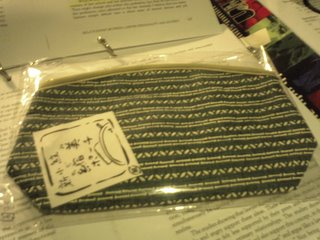
Just to update whats been going on with my life recently since i haven't updated in a while...i did two summer subjects, Civil Litigation and Issues in Japanese Law. I really enjoyed Issues in Japanese Law alot as my interest in Japan got boosted further after my exchange last yr in Tokyo and this is such an interesting subject. We had many guest lecturers coming in to speak to us and this subject also has an annual program of inviting Chuo University 中央大学law students from Tokyo come over to study at melbourne university for 1-2weeks. Thus this year 18 law students came over to study at melbourne law school and we had 2 classes together. This subject basically deals with issues in Japanese law and NOT the substantive law itself given the intensive nature of this course of 2 weeks. (this is usually offered as a summer subject) Topics dealt with this yr included the new jury system to be introduced by 2009, children and juvenile law, the Japanese Constitution and Article 9, the legal profession in Japan including regulations concerning foreign practices and lawyers in Japan,etc. The lecturer is a lawyer at Bakers and McKenzies and has perfect Japanese having studied for many years Japanese including 18 months at Tokyo University. She is extremely intelligent and well learnt knowing many issues concerning Japan such as Zainichi Koreans and their legal problems, Japan's post war war compensation issues, environmental law, Japanese insolvency law,etc.
The highlight of this subject was of cos the interaction we had with the Chuo law students. I got to practice and brush up on my Japanese conversational skills which was fantastic and realised i could sort of hold normal conversations with Japanese people without much problem. I also found out about just how tough it is to become a lawyer in Japan....in fact it is RIDICULOUSLY TOUGH!!!! Lawyers have to pass the National Bar Exam 司法試験 in Japan which has a passing rate prescribed by the exam council of 3.24% or so which means that if 4000 candidates took the exam in 2005 only 130 would pass it!!! So it is NORMAL for people to fail the first time they take it even though they have studied for years to prepare for the exam. In Japan, to be a lawyer u need to be both rich and smart. Rich so that u can afford to go to the good schools as well as pay for tuition lessons 塾費 for the bar exam meaning u pay for university fees and tuition fees until u pass the exam. Smart cos u need to pass the junior high entrance exams to get into a good jh and then pass the extremely difficult university entrance exam to get into a good university and then pass the MOST difficult bar exam.
On average, the chuo law students have all sat at least 4 times for the bar exam before they passed which means they have tried at least 4 years since the exam is held only once a year...if it were me, i would have gone crazy and given up on the thought of becoming a lawyer after 2 tries but i dun know whats in their heads....i know one guy who sat 7 times and still HAS NOT passed meaning he first attempted when he was 21 and now he is already 27 and he has still not worked yet with his parents supporting him...another tried 7 times and failed also and another was 'lucky' he passed on his 4th attempt, he said he may have gone crazy if he failed again, and i don't blame him! I mean to study for a whole year and know u failed the exam and then having to study again til the next yr and fail again and study again and fail again is simply crazy...i mean u would think after having failed 4-7 years, u would stop trying but these law students....anyways, they are really the cream of the crop being extremely talented and intelligent to even get into Chuo Law School which is in the top 5 of the Japanese law schools the others being (1) Tokyo University 東京大学 (2) Keio University (my Japanese exchange uni!!) 慶應大学 (3) Waseda university 早稲田大学 (4)Kyoto University 京都大学. I realised i am knowing all the elite of Japanese society, myself having studied at Keio last yr and gettin to know ppl there and now getting to know Chuo students who will one day, hopefully, become lawyers and judges, so i try to keep in touch with them...and then i know this guy who is at Melbourne University expenses paid for by his company Tokyo Electric Company 東京電力会社 and he was a Tokyo law graduate which is like THE BEST university in Japan and so prestigious that everyone would practically be in admiration if u said u came from there. And i know this japanese judge here paid by government as well...so good for me to keep in contact with them。。。。。。took some of the japanese students to brunswick street and we had assam fish, belachan spinach, lamb curry and gula melaka at Blue Chillies Malaysian restaurant on Brunswick Street....they were really nice and gave us melbourne students chocolates as presents and their teacher even gave us japanese pouches from japan for taking them around...how nice...the pouch in the picture is the present from their teacher....
PS prinzj mayb u can take this subject if u get the chance, its highly recommended.

